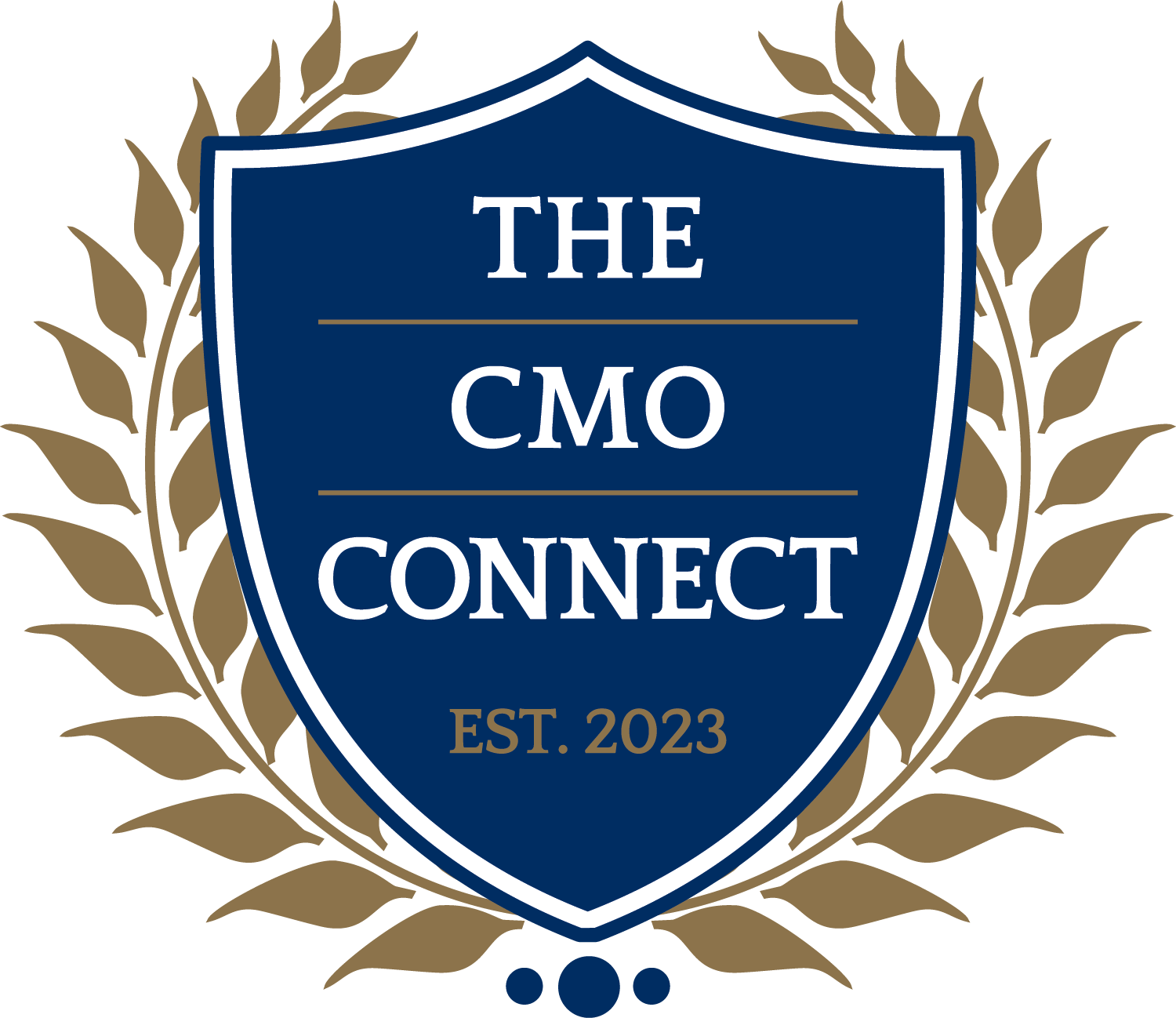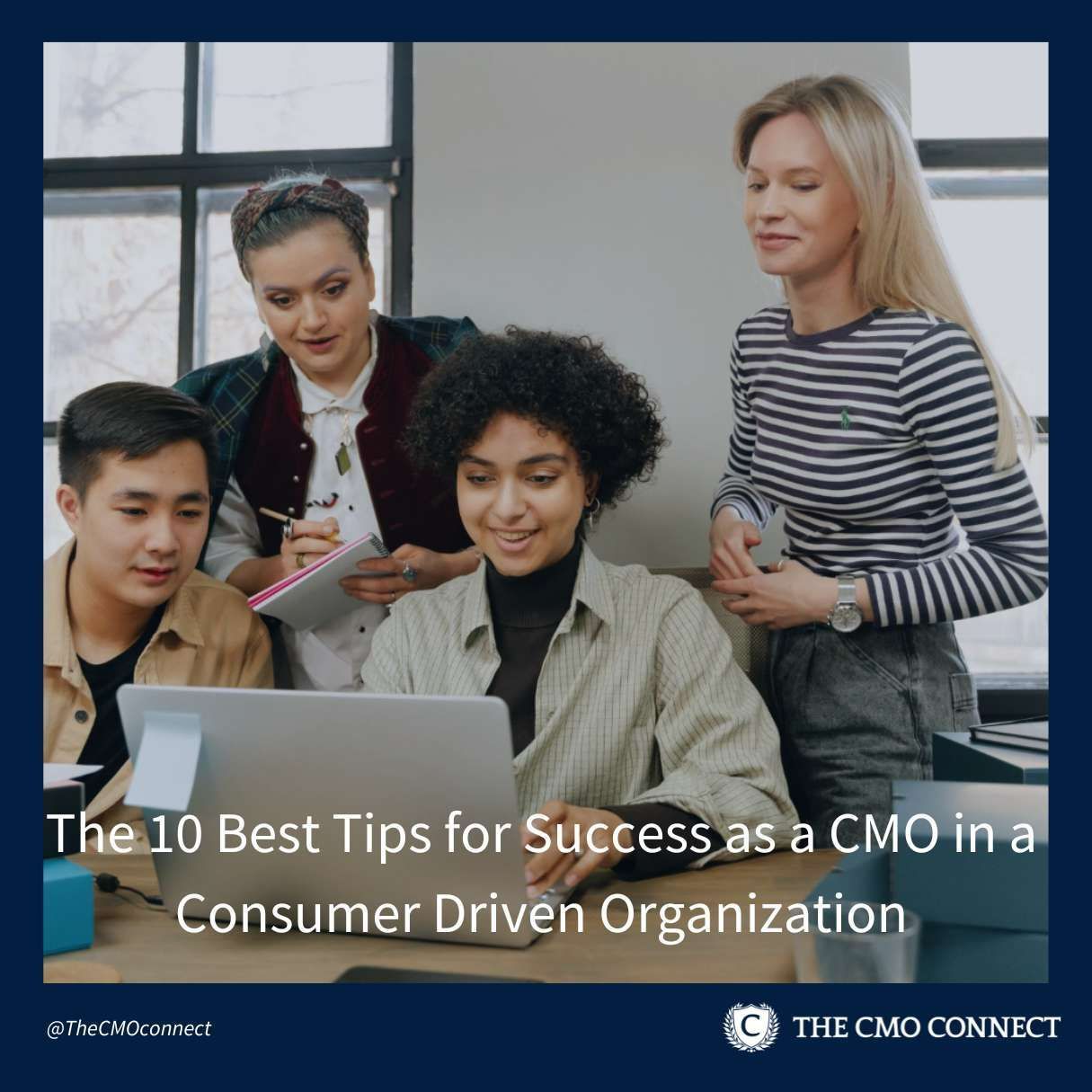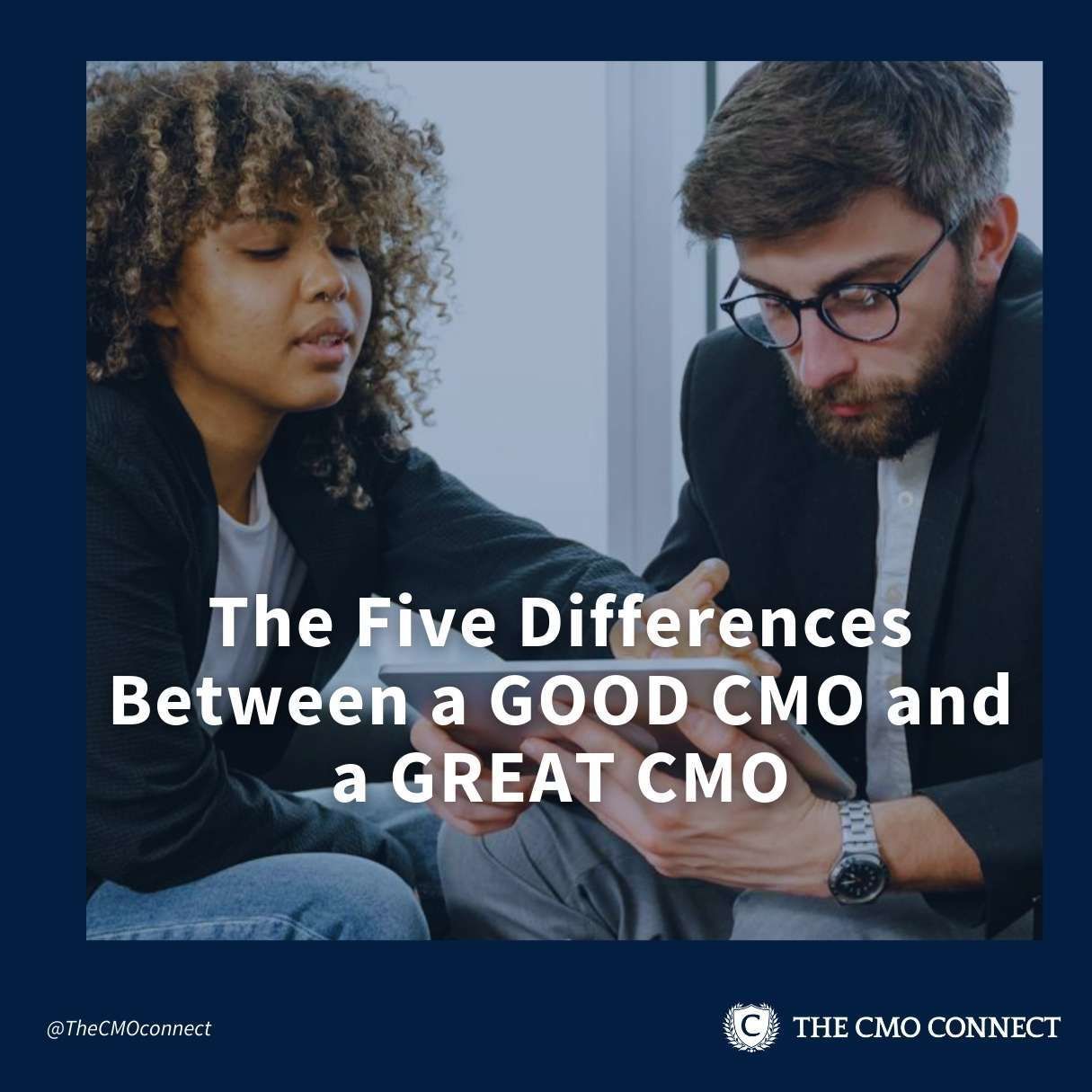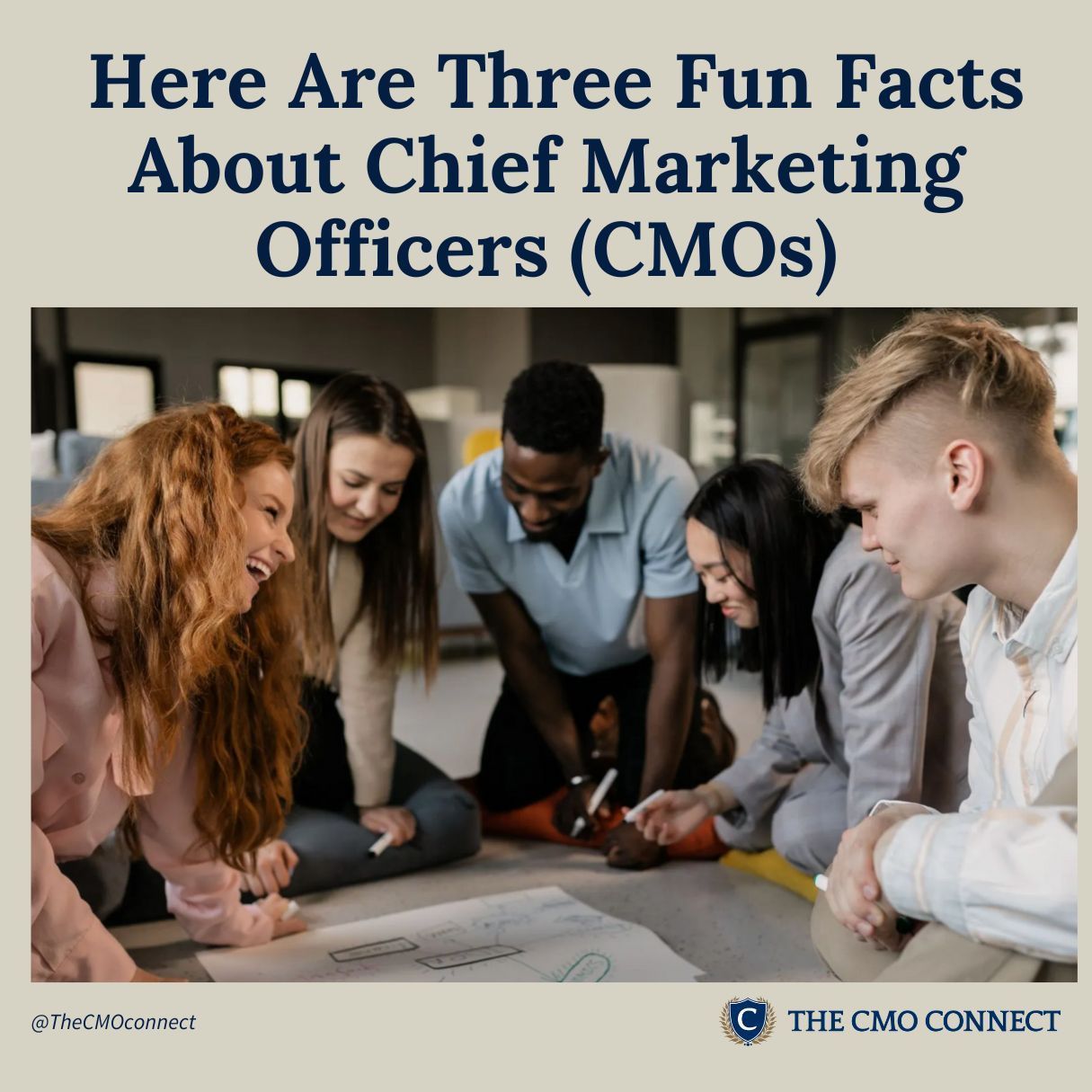CMO Digital Marketing: How CMO's Are Managing the Evolving Digital Marketing?

In the wake of the pandemic, digital technologies have rapidly transformed the marketing landscape, impacting everything from budgets and strategies to job roles and leadership positions. As Chief Marketing Officers (CMOs) navigate this digital revolution, they are faced with the challenges of building and integrating CMO digital marketing capabilities into their organizations. According to the 29th edition of "The CMO Survey," conducted by Deloitte, the American Marketing Association, and Duke University's Fuqua School of Business, companies of all sizes have made significant progress in their digital transformation efforts.
The Current State of Digital Transformation
The survey reveals that only 12.3% of marketing leaders surveyed are in the nascent stages of digital transformation, compared to 43.9% in the previous year. Nearly 60% of leaders report being in the emerging phase, while 21.1% claim to be in the fully integrated stage. The companies that are in the earliest stages of digital transformation are typically B2B service providers, those with revenues below $10 million, and organizations with fewer than 50 employees. On the other hand, organizations that are furthest along in their digital transformation journey are B2C product companies, those with revenues over $10 billion, and organizations with between 1,000 and 2,500 employees.
Digital Marketing Investments and Returns
CMOs have heavily invested in various aspects of digital marketing over the past year. According to the survey, the top areas of investment include company website optimization, data analytics, digital media and search, and marketing technology systems or platforms. However, there have been significant decreases in investments related to improving the company's app, managing privacy issues, and conducting direct digital marketing. These decreases may be attributed to companies reaching saturation levels in their priority investments or a shift in strategy away from underperforming tactics.
One notable factor impacting CMO confidence in digital marketing's contribution to overall company performance is the phase-out of third-party cookies. As third-party cookies become obsolete, CMO confidence has dropped from 5.5 in February 2021 to 4.7 (on a scale of 1 to 7) in the latest survey. However, pure-play internet companies exhibit the highest level of confidence in digital marketing's contributions, with a confidence level of 5.8.
Marketing Jobs and Productivity
The survey indicates that the size of marketing organizations continues to grow. CMOs report an average marketing job growth of 15.1% over the past year, up from 12.2% in February 2022. This growth is expected to continue, with leaders predicting an average 7.3% increase in marketing hires over the next year, approximating pre-pandemic growth rates.
B2B service companies have experienced the highest marketing job growth over the past year (19.4%), followed by B2C service providers (18.8%), B2B product companies (14.3%), and B2C product companies (9.9%). Looking ahead, the largest marketing job growth is expected in B2B services (11.6%), followed by B2B products (8.1%), B2C services (5.0%), and B2C products (2.7%).
The pandemic has also accelerated the adoption of remote work across industries, including marketing. More than half (57.5%) of marketing teams now work from home at least some of the time, while nearly half (48.7%) work from home all the time. Remarkably, marketing leaders report confidence in team productivity in both remote and in-office settings. Fifty percent report no change in productivity levels, 41% report higher productivity, and only 9% report a loss in productivity.
The Changing Role of CMOs
CMOs have witnessed an increase in the importance of their roles over the past year, with nearly 60% of marketers acknowledging this shift. However, this percentage is lower than what was reported in February 2021 (72.2%) and June 2020 (62.3%). Approximately 30% of CMOs report no change in their roles, while 9.6% state that their roles have decreased in importance.
When it comes to building a business case for marketing spending, CMOs report an average alignment score of 4.4 (on a scale of 1 to 7) with CFOs. This alignment score remains unchanged from the previous year. CMOs in technology companies exhibit the highest alignment with CFOs (5.3), followed by those in CPG (4.9) and pharma/biotech (4.8) industries. This alignment could be attributed to recessionary threats, which have compelled companies in these sectors to reduce expenditures and foster closer partnerships between CFOs and CMOs. Alignment is strongest in smaller companies in terms of annual revenues and employee headcount.
CMOs are increasingly likely to engage in one-on-one meetings with other C-suite members to explain the impact of marketing on the bottom line. Notably, CPG companies lead in this practice. This trend may be driven by inflationary pressures and supply chain constraints, which have heightened the need for stronger relationships between marketing and C-suite leaders.
As marketing's importance continues to grow, CMOs will likely forge closer partnerships with CFOs and other C-suite executives to drive digital transformation within their organizations. By staying attuned to evolving consumer needs and priorities, CMOs will be better equipped to evaluate CMO digital marketing investments, make strategic hires, and shape effective business strategies.






